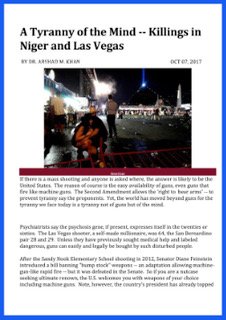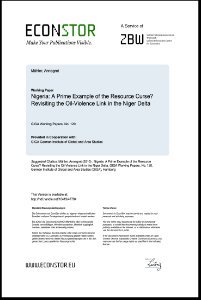By Alice Fereday
Niger’s location at the crossroads of key trans-Sahelian routes has positioned it at the heart of migratory flows for decades. The country’s role as a transit hub for migrants heading north towards Libya with the aim of reaching Europe has also attracted the focus of extensive international efforts to curb irregular migration. In 2023, however, it was the major political and security developments at national and regional levels that had the greatest impact on human smuggling in Niger. On 26 July, a military coup overthrew the president, Mohamed Bazoum, and transitional authorities were formed under the Conseil National pour la Sauvegarde de la Patrie (National Council for the Safeguard of the Homeland – CNSP). The military takeover resulted in the closure of the country’s borders with Benin and Nigeria, further complicating movement into Niger, which was already severely affected by growing insecurity in Burkina Faso and south-west Niger. Rather than preventing movement, however, the border closures led to an increased demand for smuggling services, particularly at the Benin border, from both migrants and those transporting commodities. By March 2024, the Nigerian border had reopened, while the Benin border remained closed at the time of writing. An even more significant change came in November, when the CNSP repealed the 2015 anti-smuggling law that had caused the collapse of the industry in northern Niger. This led to one of the most profound shifts in the dynamics of human smuggling since 2015. Since the repeal of the law, passeurs – the colloquial name in the Sahel for transporters involved in human smuggling – across the country have been able to transport foreign migrants legally. The effects were immediately felt in Agadez, which had been the main focus of anti-smuggling operations, resulting in the demise of its human smuggling economy in 2016. With the repeal of the law, departures to Libya have risen steadily since November, as have departures to Algeria. Rather than a sharp spike in foreign movements, the repeal appears to have caused steady, though not exponential, growth since November. Some of the key factors that influenced human smuggling before the legislation change remain in place, such as a preference for routes to Algeria and persistent challenges on regional routes to reach Niger. As a result, the migration landscape in the country is unlikely to return to what it resembled pre-2015. In particular, the westbound displacement of routes, which led to the increased use of Algeria as a transit country to reach Tunisia and to a lesser extent Morocco, is now firmly established and unlikely to shift back. Insecurity linked to the expansion of violent extremist groups in Mali, Burkina Faso and south-west Niger also remains a major constraint on regional mobility, and could further deteriorate amid continued political and security upheaval in the Sahel.
Geneva, SWIT: Global Initiative Against Transnational Organized Crime. 2024. 38p.




